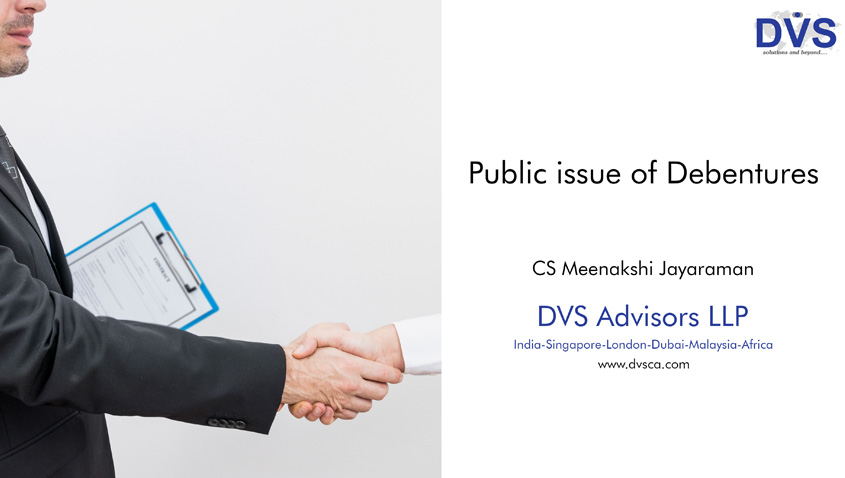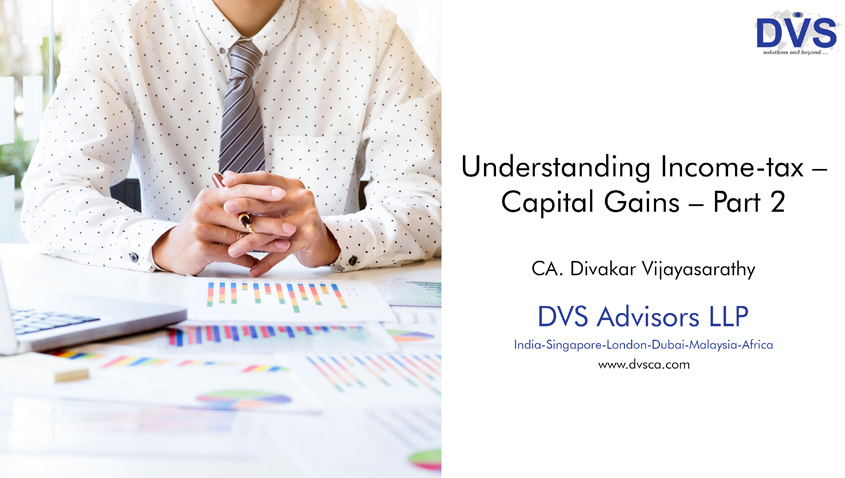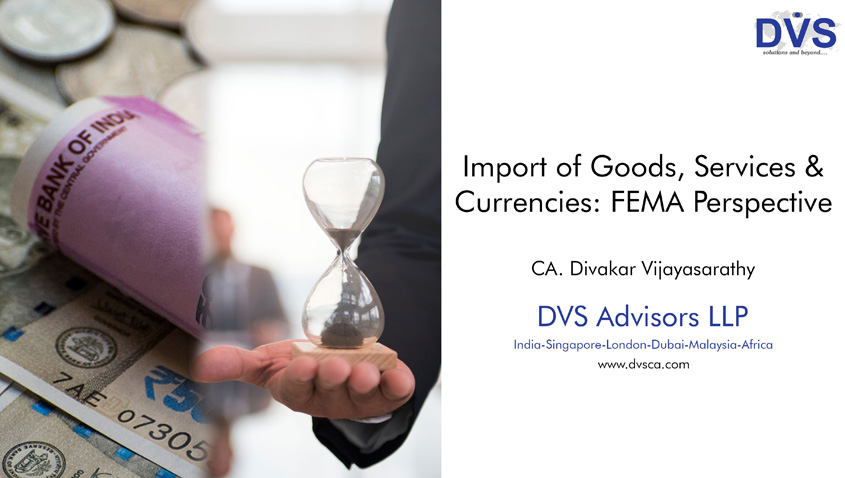The existing provision of Section 44AD states that eligible businesses having gross receipts not exceeding Rs.1 crore shall be presumed to have an income equal to 8% of the gross receipts.
It is proposed to increase this limit for presumptive taxation from Rs.1 crore to Rs.2 crores.
It is further proposed that expenditure in the nature of salary, remuneration, interest, etc. paid to a partner under Section 40(b), which were erstwhile allowed as deduction, shall now not be admissible while computing income under this section.
For example, say the gross receipts of a firm, opting for presumptive taxation scheme, is Rs.70 lakhs for A Y 2017-18 and the remuneration paid to partners is Rs.2 lakhs. The taxability under current provisions and proposed provisions shall be as follows:-
Particulars |
Present
(in Lakhs) |
Proposed
(in Lakhs) |
| Gross Receipts | 70 | 70 |
| Presumptive Taxation @ 8% | 5.6 | 5.6 |
| Less : Remuneration paid to partners | 2 | 0 |
| Net Income | 3.6 | 5.6 |
| Tax @ 30% | 1.08 | 1.68 |
| Add : Cess @ 3% | 0.03 | 0.05 |
| Total Tax Payable | 1.11 | 1.73 |
It is also proposed that eligible businesses that declare profits in cognizance with Section 44AD as per presumptive taxation scheme and further, have not declared profits in line with the presumptive taxation scheme for any of 5 consecutive assessment year, such assesses shall not be eligible to claim the benefit under this Section for next 5 assessment years from the year of such deviation.
An illustrative example has been tabulated below:
| Assessment Year | Gross Receipts (in Rs.) | Income (in Rs.) |
| 2017-18 | 1,00,00,000 | 8,00,000 |
| 2018-19 | 90,00,000 | 7,20,000 |
| 2019-20 | 1,00,00,000 | 8,00,000 |
| 2020-21 | 80,00,000 | 6,40,000 |
| 2021-22 | 1,00,00,000 | 4,00,000 |
| 2022-23 | Not eligible to claim benefit under Section 44AD | |
| 2023-24 | ||
| 2024-25 | ||
| 2025-26 | ||
| 2026-27 | ||
It is also proposed that the eligible assessees, opting for presumptive taxation scheme, may pay advance tax on or before 15th March of the relevant previous year.
This amendment will take effect from 1st April, 2017 and will, accordingly, apply in relation to the assessment year 2017-18 and subsequent assessment years.























